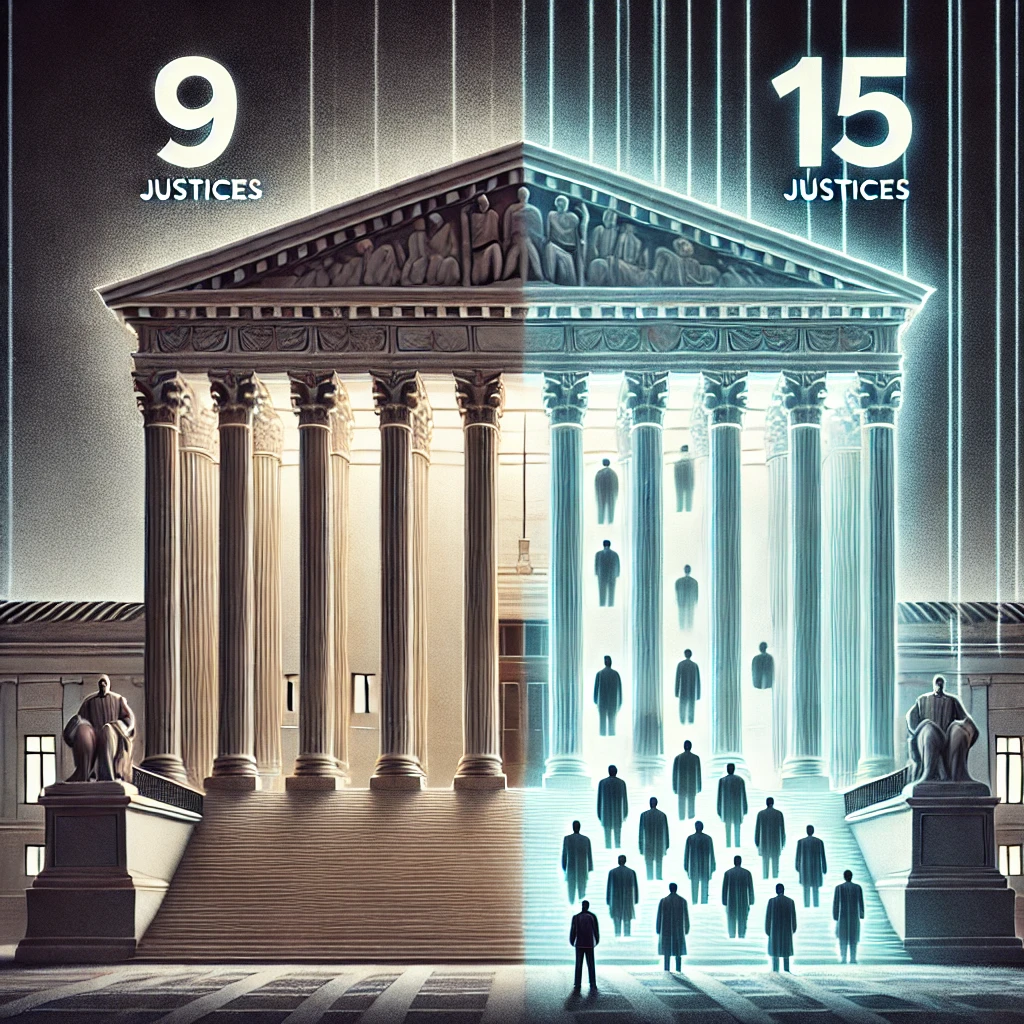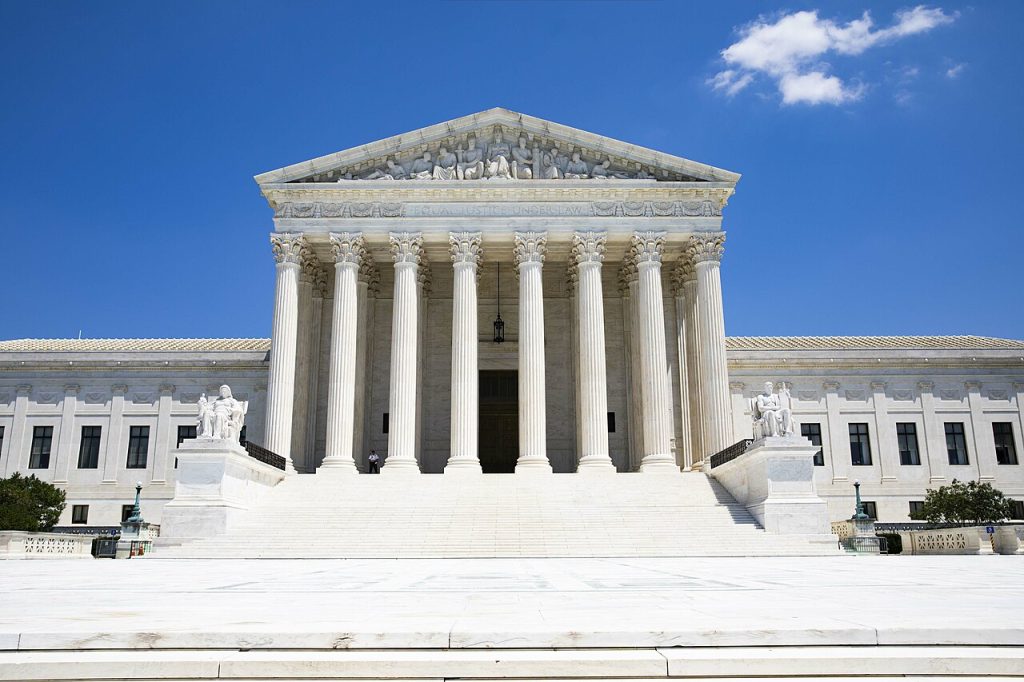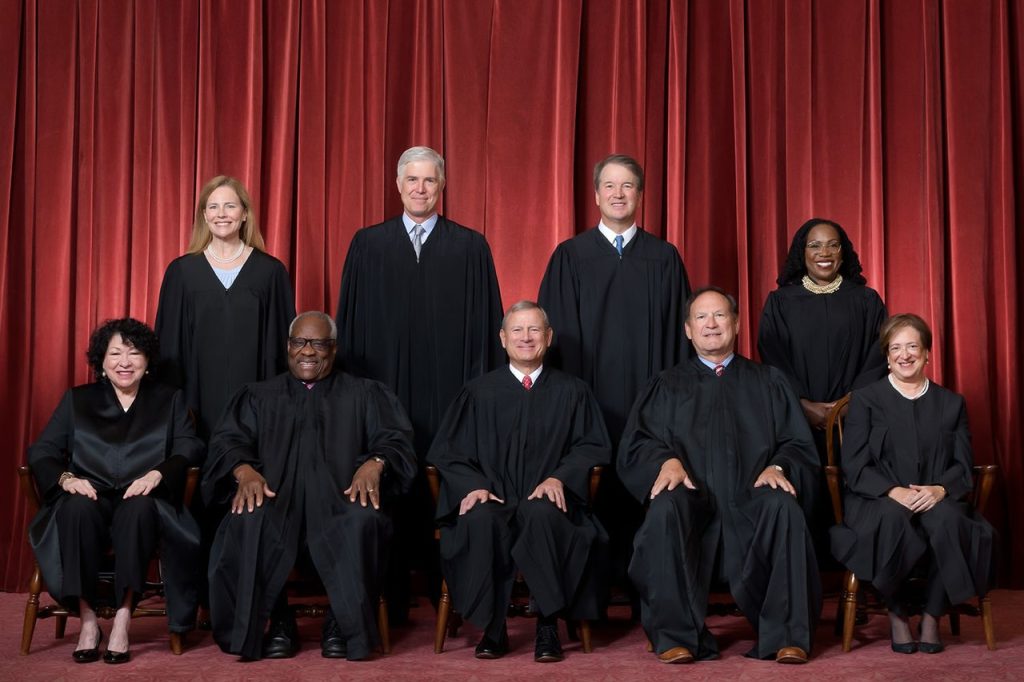Senator Ron Wyden of Oregon has introduced new legislation aimed at significantly reforming the U.S. Supreme Court, which he believes is facing a crisis of public trust. The Judicial Modernization and Transparency Act proposes a series of sweeping changes to address concerns over recent controversial rulings and allegations of unethical behavior within the Court.

Wyden’s goal is to restore balance among the three branches of government, improve transparency, and ensure broader access to justice for Americans.

One of the central components of the bill is the expansion of the Supreme Court from nine justices to fifteen. This expansion would take place gradually over the course of three presidential terms, with one new justice being appointed in the first and third years of each term.

Wyden argues that this approach will prevent political gridlock from delaying nominations, ensuring a more balanced and timely process. Another major provision in the bill requires a supermajority vote within the Court to overturn acts of Congress, a move that would increase the deference shown to legislative decisions.

The bill also addresses ethical concerns surrounding the Court. It proposes new requirements for justices to consider recusal motions and make their decisions on these matters public. Additionally, justices would be required to disclose how they voted in all appellate cases, allowing the public to see more clearly how decisions are made.

Financial transparency is another key aspect of the legislation, as it mandates that the IRS conduct audits of each justice’s tax returns, with the results being made publicly available. This would ensure greater accountability and reduce the risk of conflicts of interest.

Wyden’s bill includes provisions to expand the number of circuit courts and judges, with the goal of improving access to justice across the country. One significant change is the splitting of the Ninth Circuit, which is one of the busiest in the nation, into two separate circuits.

This would make the court system more manageable and efficient, according to Wyden. The proposed reforms also include measures to prevent lower courts from striking down acts of Congress indefinitely, by ensuring that such rulings expire once the Supreme Court issues its opinion on the matter.

These reforms come in the wake of what Wyden sees as troubling trends within the Supreme Court, including recent rulings that have overturned long-standing legal precedents. He believes that bold solutions are necessary to restore public confidence in the judiciary and make the courts more transparent and accountable to the American people.





